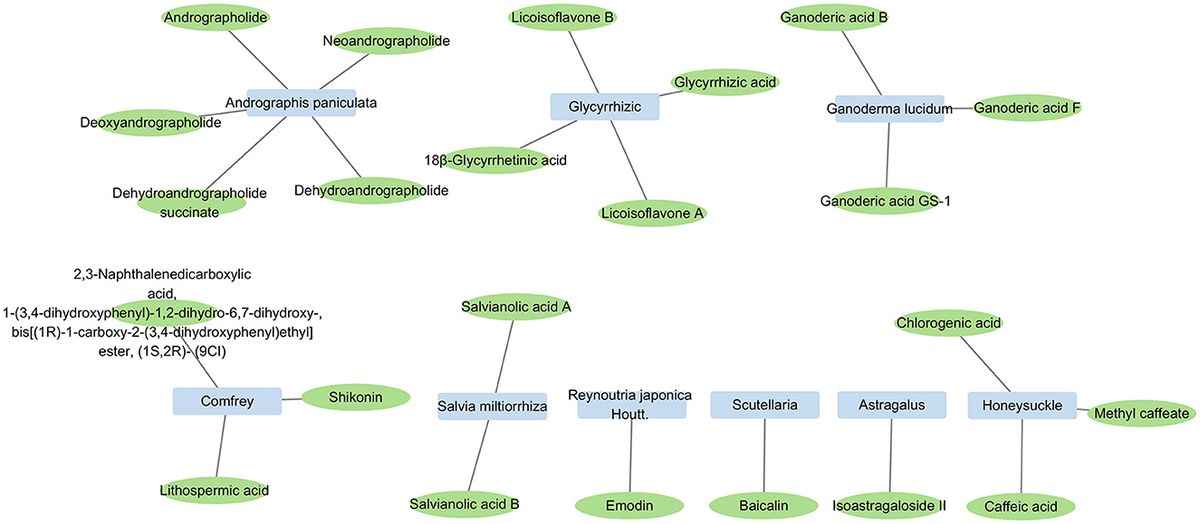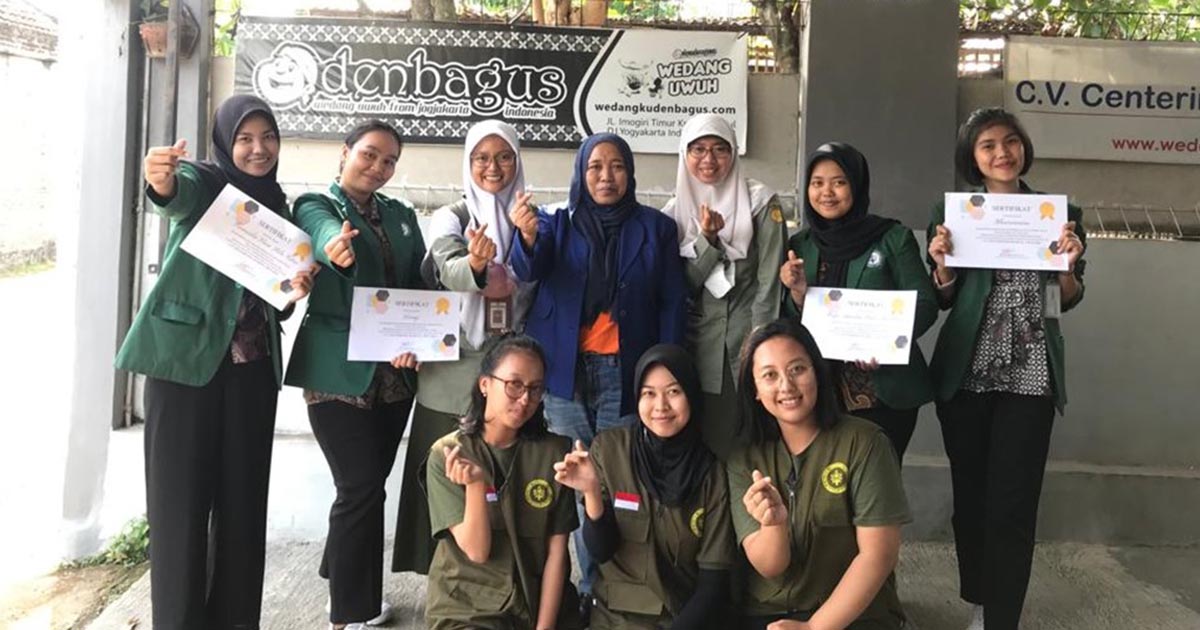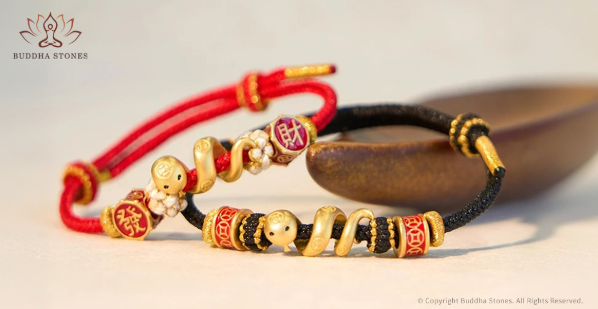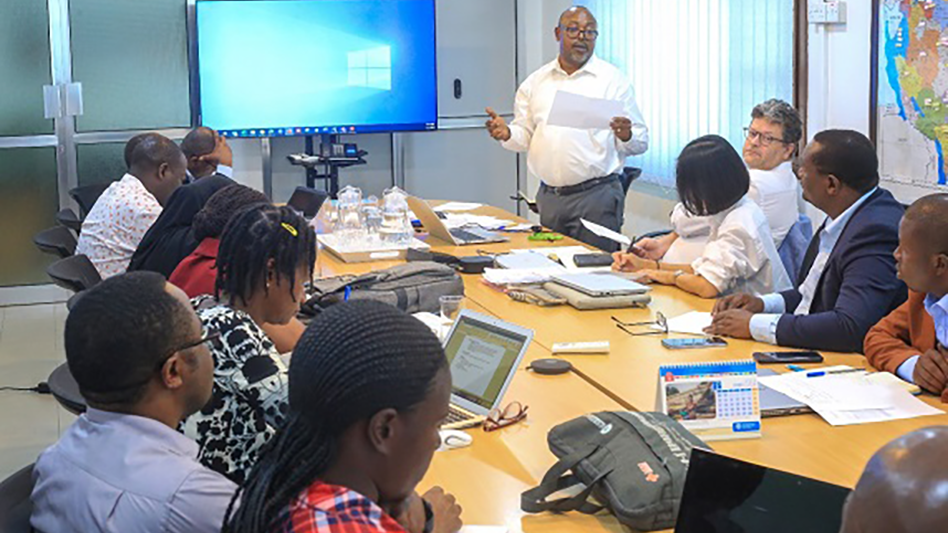
Anti-HIV activity in traditional Chinese medicine: clinical implications of monomeric herbal remedies and compound decoctions Frontiers
source

Centerindo’s herbal drinks are derived from the Jamu Wellness Culture, a Unesco Intangible Cultural Heritage
Once dismissed as superstitious and outdated, traditional medicine is currently enjoying serious attention from the scientific world. As the World Health Organization points out, many conventional medicines – from cancer treatments to contraceptives – are derived from traditional cures. It is also big business: traditional medicine brought in an estimated USD 175 billion in 2023, and the global market is predicted to almost double in the next ten years.
One person excited by the traditional medicine boom is Dwi Karti Handayani. Dwi is a proponent of jamu, a traditional medical practice deeply rooted in Indonesian culture. Although more scientific research is needed to understand the medical effects of jamu, many Indonesians believe its herbal medicines have health benefits, such as increasing stamina and immunity, as well as relieving symptoms like pain, inflammation and nausea.
In 2015, Dwi established her business, CV Centerindo Kurnia Tritama, in Yogyakarta, a city and major cultural center on the island of Java. Centerindo specializes in the production of jamu botanical drinks, such as the Yogyakarta specialty of wedang uwuh, and infused tea – all using local spices, herbs and botanicals as raw ingredients.
Through Centerindo, Dwi is not only helping to maintain the culture of jamu, but providing work opportunities for local women and youth by employing them to prepare and package the products. Today, Centerindo’s 20 employees produce up to 30,000 products each month.
The power of brands
These products have been introduced to the market under four brands: “Denayu”, “Denbagus”, “Wedangku” and “Jahe Anget Wangi (JAW@)”. Each brand represents different types of products and uses different sales channels. Dwi recognizes the power of branding to create customer loyalty, drive repeat sales and boost business. She also knew that registering brands as trademarks helps protect a company’s intellectual property (IP). She therefore submitted trademark registrations for all four brands to Indonesia’s Directorate General of Intellectual Property (DGIP), believing this would secure Centerindo’s IP for years to come.
Her interest in IP led Dwi to discover, via Bank Indonesia, WIPO’s Intellectual Property Management Clinic (IPMC) organized jointly by the WIPO Singapore Office, WIPO’s IP for Business Division, DGIP, Bank Indonesia and the ASEAN Business Advisory Council. The IPMC is a four-month program supporting innovative small- and medium-sized enterprises to develop IP strategies that best showcase their business plans and portfolios of intangible assets. The selected companies are shown how to better manage and use their IP through personalized, one-on-one mentorship, expert advice and training. “I decided to apply because I hoped to learn something new about brands and IP rights,” explains Dwi.
While attending the IPMC, however, Dwi discovered that none of Centerindo’s four brands were registered as trademarks under the company’s name. IP experts at the IPMC found that the “Denayu” and “Denbagus” brands were registered under Dwi’s name instead of her company’s.
The “Jahe Anget Wangi” brand – which translates as “fragrant warm ginger” – was also filed for registration under her name but had been rejected by DGIP because it directly describes the product; if granted, it would have prevented other traders from using the words “fragrant”, “warm” or “ginger” to describe their products.
The “Wedangku” brand, meanwhile, was not owned by either Dwi or Centerindo but a business partner. This business relationship was established solely based on trust, without an underlying written agreement.
After discussing her company’s IP portfolio with IPMC, Dwi recognized that these challenges were preventing Centerindo from effectively managing its IP portfolio. Experts at the IPMC helped her better understand trademark ownership, emphasizing that registering a trademark or other forms of IP protection under a company’s name would significantly improve the company’s value compared to registering them under individuals associated with the company. “I learned a lot about brand ownership and about the strategies for implementing and using brands,” recalls Dwi.
Dwi also now recognizes that maintaining and growing her business requires more than just trust, even between business partners. IPMC experts stressed that every IP-related aspect of any potential cooperation with third parties should be cleared in the first instance and then properly documented.
IPMC experts also provided Centerindo with practical tips to create a clear business identity with a distinctive brand that can be registered as a trademark. “Since attending the IPMC, I have changed my brand strategy and improved several business agreements with the company’s partners,” comments Dwi. “I have also re-registered our brands in the name of the company and those brands whose registration was previously rejected.”
Thanks to her time at the IPMC, Dwi is equipped with a clearer understanding of trademark and IP protection and a stronger business plan. Better able to manage its IP assets, Centerindo is now preparing to work with investors to facilitate its entry into the international market. A future of healthy growth beckons for this traditional medicine company.
August 9, 2024
December 10, 2024
December 9, 2024
December 9, 2024
December 4, 2024

The Year of the Snake is always deemed means of knowledge, transformation and growth for the Chinese New Year 2025. People who belong to this sign of the zodiac are frequently seen as bright and observant. The Snake’s energy is all about rebirth and reflection, encouraging us to take stock of our lives and welcome personal development.
Let us explore more on how Buddha stones are one special approach to improve this life-changing event. Hence, these amazing products can give a modicum of benefits for not only spirituality but for mental health. It makes Year of the Snake magical.
The snake shows deep insights in the Chinese culture. It paves the way for reflection and self-awareness.
It encourages us to let go of our bad habits and improves ourselves. Similarly, like a snake shedding its old skin for personal growth. There, many people are motivated to improve their lives in 2025. It makes spiritual and mental health a reality.
Buddha stones have profound cultural and spiritual elaborations, in Buddhism and other ornamental products. Historically, these stones have been moulded regularly to show qualities like empathy, protection and clarity. They can guide us in strengthening our ties to cultural heritage and spiritual paths which improves our daily lives during the Year of the Snake.
The fruits of integrating Buddha stones in our regular lives can have an optimistic impact on mental wellbeing, during transformative times like the Year of the Snake. They support us in the following several vital ways.
Emotional Balance: Each Buddha stone has unique essence of its own. Though some show safety and security, yet others are linked to compassion and love. People explore more peace of mind and stability by selecting a stone that reaps the benefits of contemporary emotional requirements. It acts as a helpful tool during the Year of the Snake for reflecting people.
Symbol of transformation: We come to notice that our chosen Buddha stones represent our own metamorphoses, similarly like the snake which sheds its skin. We visualise letting go of the past and forming healthier future by meditating and holding the stone while setting intentions. The certain type of intention setting is ideal in the New Year.
Buddha stones deliver various avenues for spiritual growth. Here are few ways it can improve our spiritual practices.
Meditation Assistance: These stones can be amazing partners during meditation. Their tactile quality can assist the mind in making it easier to dive into a meditative state. As the Year of the Snake signifies contemplation, utilising these stones can facilitate a deeper connection with our inner selves.
Cultural Connection: Interacting with Buddha stones assists to improve our understanding of spiritual heritage. This connection produces a sense of belonging and purpose which enriches mental wellness in vital ways during the year.
Manifesting Intentions: It could be like making a personal goal for the year of the Snake to choose a particular Buddha stone. It paves the way for developing wisdom and love in a person. Therefore, it help’s a person to be on the right path of personal development.
The use of Buddha stones is of the utmost importance to improve spiritual and mental well-being. It prepares us for the Year of the Snake 2025. This zodiac year’s transforming energy motivates us to embark on the journey of self-discovery, empathy and rejuvenation. In honour of the Chinese New Year 2025, let us all acknowledge that our path towards change is all inclusive experience. We endeavour to connect ourselves, our cultural heritage, and the wider cosmos, and the challenges that lie forward with Buddha stones besides us.
Keep an eye out for such frauds in the market and always make sure to buy Buddha stones from reliable vendors. Seize your ideal stone right now to seize the opportunity to shine this year.
Graphics/Tech Chris Baker joined the San Diego Community Newspaper Group in 2012 as Graphic Artist. He was later promoted to production manager as well as a strong roll in tech support. Native to San Diego, Chris enjoys bike riding, Japanese culture and continues to excel in technology and graphic design.
© Copyright 2024 SDNews.com Privacy Policy
Login to your account below
Please enter your username or email address to reset your password.
© Copyright 2024 SDNews.com Privacy Policy

By addressing food safety risks at multiple levels, the "Empowering Low- and Middle-Income Countries to Leverage One Health to Improve Food Safety and Fair Trade" project aims to establish more resilient and sustainable food systems.
Posted by Jackie Mitchell
DAR ES SALAAM, Tanzania — Tanzania has taken a step towards strengthening its food safety systems and bolstering trade opportunities with the official launch of the "Empowering Low- and Middle-Income Countries to Leverage One Health to Improve Food Safety and Fair Trade" (1H4FS) project.
The project, funded by the Republic of Korea and implemented by the Food and Agriculture Organization of the United Nations (FAO), aims to empower Tanzania and other beneficiary countries to utilize the One Health approach for a more holistic and effective food safety strategy. The inception workshop, held in Dar es Salaam, brought together 20 stakeholders from various sectors, including government, academia and other relevant organizations. The event served as a platform to officially introduce the project, review key findings from a prior Risk Ranking Workshop and initiate project activities.
ONE HEALTH: A HOLISTIC APPROACH TO FOOD SAFETY. Unsafe food and water pose a significant global health challenge, particularly in low-income countries, leading to illnesses, deaths and economic losses. The One Health approach recognizes the interconnectedness between human, animal, plant and environmental health, emphasizing that food safety can only be achieved through a collaborative and integrated approach. The 1H4FS project aligns with this philosophy, advocating for a comprehensive strategy that considers the entire food system, from production to consumption. By addressing food safety risks at multiple levels and involving diverse stakeholders, the project aims to establish more resilient and sustainable food systems.
Mololo Noah of the Prime Minister’s Office emphasized the importance of cross-sectoral partnerships, stating, “Our participation from the Prime Minister’s Office, One Health Section, as a coordinating office demonstrates the importance of collaboration in addressing food safety issues in our country. This project promotes partnerships, communication and commitment among sector ministries, academic institutions and other stakeholders, ensuring that everyone has access to safe food.”
PROJECT GOALS AND ACTIVITIES. The 1H4FS project, spanning until 2028, seeks to empower countries to build safer food systems, safeguard public health and enhance fair trade opportunities through strengthening risk analysis capacity.
Jeffrey LeJeune, FAO food safety officer and lead technical officer of the project, said, “By empowering countries, the project aims to build safer food systems, protect public health and enhance fair trade opportunities in participating nations.”
Risk analysis involves:

VCY.org
Christian Information Radio. TV. Online.
January is Sanctity of Human Life Month in the United States; and though we celebrate the sanctity of life year-round here at Wisconsin Family Council, we’ve again been reminded of just how fragile that human life really is.
With the deadly terrorist attack in New Orleans on New Year’s Eve, the tragedy in Las Vegas, and the murders at Abundant Life Christian School in Madison last month, Americans have again been reminded of the prevalence of evil as it manifests all too often in the taking of human life.
We’re doing what we always do in times of tragedy – we’re turning to prayer and hope for the future, asking God to give peace to the families of the victims. But we must also be compelled to take an additional step: to acknowledge that we do have an enemy in the spiritual realm.
In the presence of evil, it is not a default setting for the sanctity of human life to be protected. It must be won, day in and day out, at every stage of life. And that’s exactly what we plan to do where we are best equipped to do so.
As Wisconsin’s legislative session kicks off this week, Wisconsin Family Council is working in tandem with our sister organization, Wisconsin Family Action, to finalize its legislative agenda which will, as always, include an aggressive pro-life position.
Last session, a number of pro-life bills were passed, including a package of several bills entitled Embrace Them Both because the bills were designed to protect unborn babies and to help women. One bill called for Wisconsin couples who adopt children to be eligible for a sizeable financial grant to assist with adoption costs. Another allocated funds to Choose Life Wisconsin to be distributed to pro-life, pro-woman pregnancy care centers in our state. A third bill would have recognized an unborn baby as a person for whom a tax deduction could be claimed.
The legislature passed several of these bills and a number of other pro-life bills. However, Governor Evers vetoed every pro-life bill he was presented this past session just as he has done throughout his time as governor. That reality, however, doesn’t deter us from forging ahead with bills designed to recognize the humanity of the preborn as well as protect women and to promote the natural family as the very best place for children to be brought up.
An assessment of Wisconsin’s pro-life laws right now must include mention of the lawsuits before our State Supreme Court. This past November, that court heard oral arguments in a lawsuit filed by Attorney General Josh Kaul, in which he alleges Wisconsin’s pre-Roe abortion prohibition is not enforceable. A Dane County judge ruled in late 2023 that the statute doesn’t pertain to abortion, but rather to feticide. Very late in the game, AG Kaul also asked the high court, as a part of this case, to determine whether the state constitution includes a right to abortion. The court could hand down a decision in this case at any time.
Meanwhile, Planned Parenthood of Wisconsin has also filed a lawsuit directly with the state supreme court asking the court to find a right to abortion in the state constitution. The high court accepted the case but no date for oral arguments has been set, likely because the court figures their decision in the other case will make this case moot. In both this case and the case filed by AG Kaul, the court denied Pro-Life Wisconsin, Wisconsin Right to Life, and Wisconsin Family Action, the opportunity to intervene in the cases.
Sadly, we don’t anticipate a good ruling from this liberal court on this issue of abortion. In fact, it appears the liberal justices are primed and eager to wrench our state constitution and create a right to abortion.
Adding to the drama is the race for a new state supreme court justice with liberal Justice Ann Walsh Bradley not running for re-election this spring. Once again, the ideological balance of the court is at stake. If the conservative candidate wins in April, conservatives would regain the majority with a 4-3 margin, but that new justice would not be seated until August of this year, likely long after decisions in these critical life-related cases.
Human life is fragile, and restoring a culture of life takes much work, incredible determination, and dogged persistence. The intentional taking of innocent human life is evil, regardless of the age or circumstances. Yes, protecting human life is spiritual warfare. May we each commit to doing what we can to be part of engaging in the battle and building a culture of life in our state.
This is Julaine Appling for Wisconsin Family Council, reminding you that God, through the Prophet Hosea, said, “My people are destroyed for lack of knowledge.”
Tune in to VCYAmerica.TV
Dial in 605-477-2279
VCY America
Mailing Address
3434 W Kilbourn Ave
Milwaukee, WI 53208
Phone
800-729-9829
Address
3434 W Kilbourn Ave
Milwaukee, WI 53208
Hours
Monday—Friday: 8:00AM–5:00PM
Phone
800-729-9829
Email
vcy@vcyamerica.org

SpaceNews
Covering the business and politics of space
ORLANDO, Fla. — Sierra Space says its chief executive has retired from the company, a move that has taken many in the industry by surprise.
The company said in a Jan. 6 statement to SpaceNews that Tom Vice retired as chief executive as of the end of 2024. The statement did not elaborate on the reasons for his retirement or its timing.
“After three and half years in the role, Tom Vice has retired as Sierra Space CEO as of the end of 2024 – we thank him for his leadership and wish him well in his retirement,” the company stated.
Vice had not previously announced any plans to retire from Sierra Space, where he had been chief executive since mid-2021. When the company issued the statement about his retirement, Vice was still listed on Sierra Space’s website in his roles as chief executive and a member of the company’s board of directors.
Sierra Space said that the chairman of the board of Sierra Space, Fatih Ozmen, would serve as interim chief executive while the company looks for a permanent replacement. He is chief executive and co-owner of Sierra Nevada Corporation (SNC), the company from which Sierra Space was spun out in 2021.
Sierra Space is best known for its work on Dream Chaser, a spaceplane the company has developed that will initially transport cargo to and from the International Space Station under a NASA contract, with plans for a crewed version and other variants for national security applications. Sierra Space and SNC have worked on Dream Chaser for more than a decade, initially proposing it for NASA’s commercial crew program.
The first launch of the cargo version of Dream Chaser is now planned for no earlier than this spring after extensive delays. Dream Chaser was previously scheduled to go on the second launch of United Launch Alliance’s Vulcan Centaur, but Sierra Space agreed last June to remove the vehicle from the launch to allow ULA to proceed with a launch of the rocket in October to meet its schedule for certifying the rocket for national security missions.
Sierra Space has also emphasized its work on commercial space stations, both as a partner on the Blue Origin-led Orbital Reef station as well as its own concepts for a “pathfinder” station. The company is developing inflatable modules called Large Integrated Flexible Environment (LIFE) for use in such stations.
The company has made inroads into defense markets, winning a $740 million contract from the Space Development Agency nearly a year ago to build 18 Tranche 2 Tracking Layer satellites for missile tracking. The company completed a preliminary design review for those satellites in November.
Jeff Foust writes about space policy, commercial space, and related topics for SpaceNews. He earned a Ph.D. in planetary sciences from the Massachusetts Institute of Technology and a bachelor’s degree with honors in geophysics and planetary science… More by Jeff Foust
all events >>
Back to top